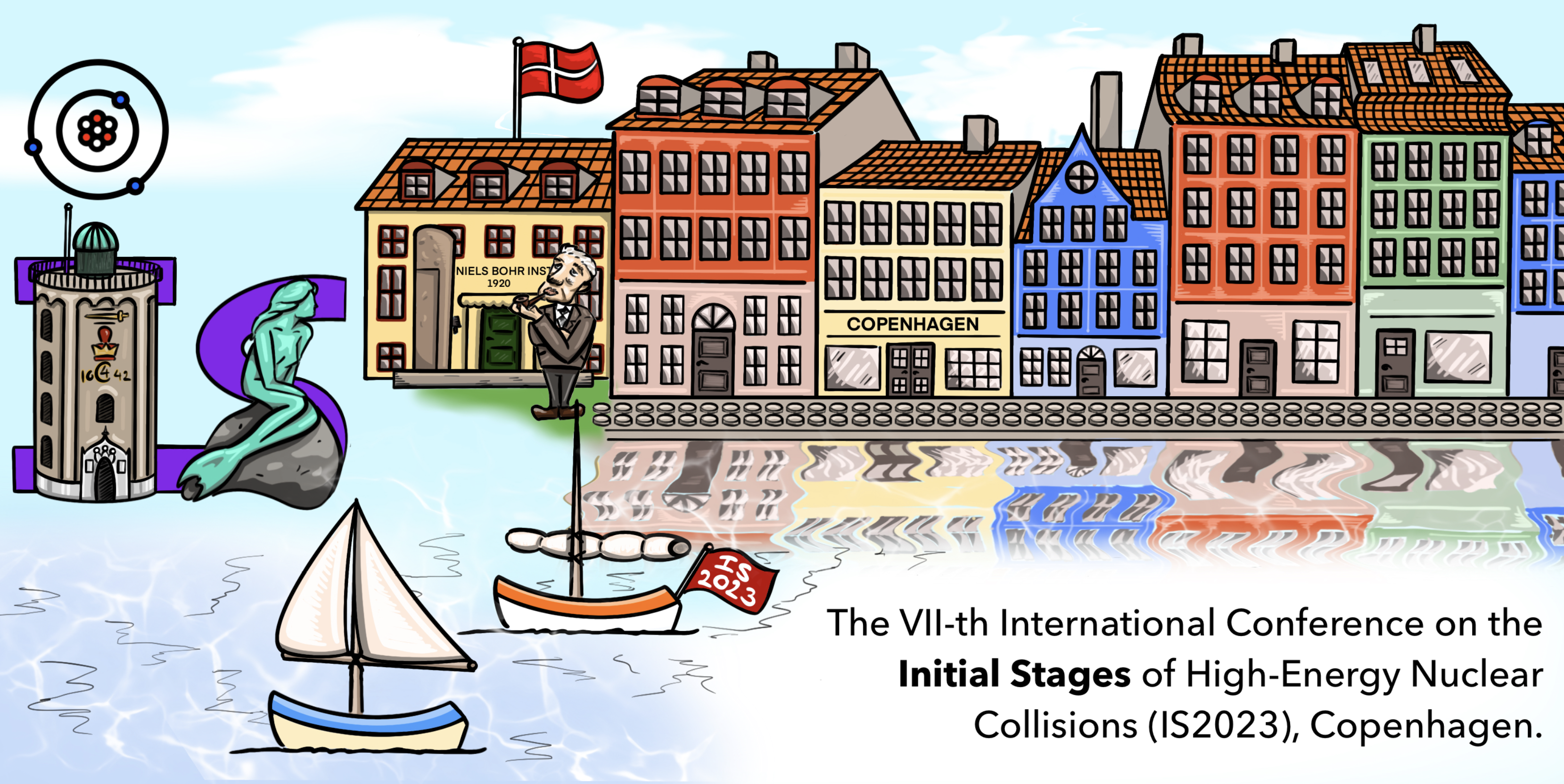Speaker
Description
We present a full set of the Boltzmann Equation in Diffusion Approximation (BEDA) for studying thermal equilibration of quarks and gluons. Using BEDA, we first analyse thermalization and quark production of spatially homogeneous systems initially populated by gluons. We observe that soft partons, dominantly produced via medium-induced radiation, rapidly fill a thermal distribution with an effective (time-dependent) temperature and an effective Baryon chemical potential during the entire process. Without allowing quark production, the system is found to establish thermal equalibrium through distict three stages for initially under-populated cases and two stages for initially over-populated cases. Then, we study the production of quarks (and antiquarks) in such a system. The baryonic fermions are produced predominantly due to the $g \rightarrow qq$ splitting at early times. We find that the quark production does not modify the early stages for both initially under- and over-populated systems due to Pauli blocking. During such early stages, the quark (and antiquark) number density increases linearly with time. This production is accelerated at $Qt \sim \alpha_s^{-2}$ due to the dominant contribution of the soft gluons. In contrast, the later stages are modified significantly by quark production. The relation of our studies to those using effective kinetic theory and the jet evolution in QCD medium will also be discussed.
| What kind of work does this abstract pertain to? | Theoretical |
|---|---|
| Which experiment is this abstract related to? | Other |
